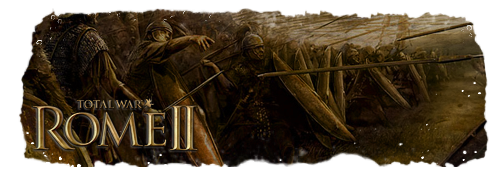Hey, everyone:
I’ve lurked on the this forum and the rometotalrealism.org forum for over six months now and I finally decided to register and introduce myself. I’m introducing myself here because RTR Platinum is the only game I play.
About me: I just finished graduate school with a degree in writing, I’m teaching this fall at a famous (well, actually infamous) university in America, and working in the university library.
Since the RTR forums are down, I’m assuming I can ask questions here. I apologize if I’ve got the wrong place. After playing for several months, I have a few that I don’t think have been answered (if they have, I apologize — I did try to search the forums).
First, how does a unit get experience? I mean, what is the actual formula for determining a unit’s experience? Do they have to kill a hundred men to get an increase? Do they have to loose a certain number? I’ve read, on some posts, that units get experience faster through auto-resolve, but is there a better way to do it while actually fighting the battles?
Second, what makes the Roman units so tough? Principes can slice through even a phalanx without sustaining significant damage. I’ve tried editing the armor and attack values of other units, but cannot get the same effect. I notice Roman units have "heavy" weapon types. Is that what makes the difference? If so, how do I change a unit to a "heavy" weapon type? In the unit data file, I forget the name, there is a setting for unit class: light or heavy, but no weapon class (unless I missed it).
[Deleted - I found the AAR forum above].
Thanks.




 Reply With Quote
Reply With Quote

































